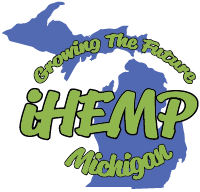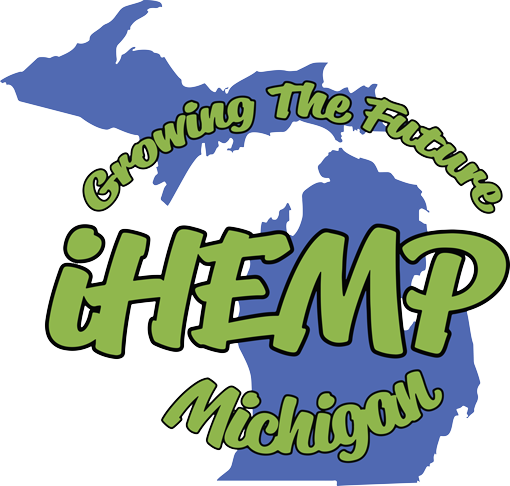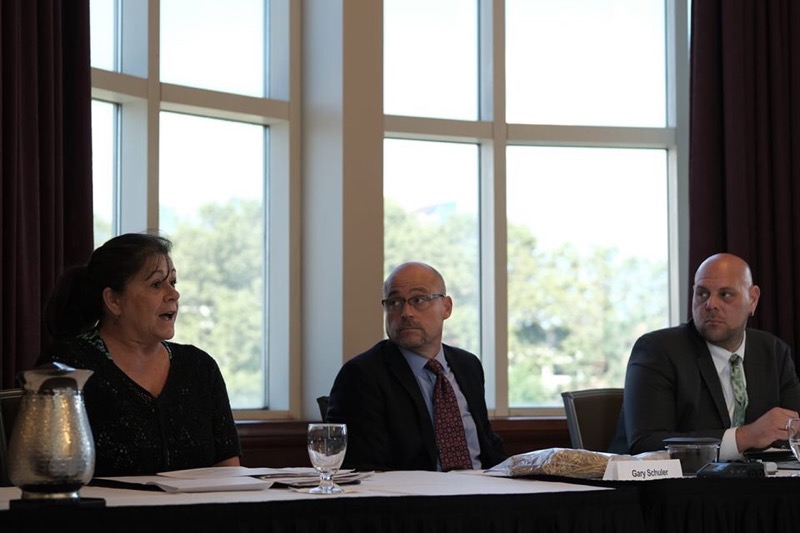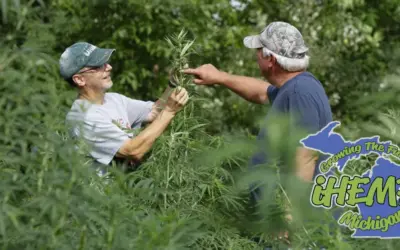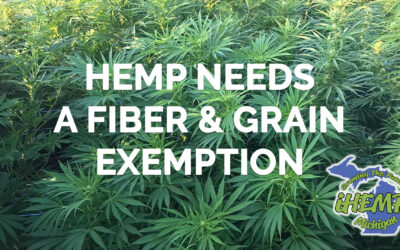The leading statewide trade association representing industrial hemp today hosted a roundtable to review Michigan’s pilot hemp season and discuss the highs and lows of the state’s newest agricultural commodity.
The roundtable, hosted by iHemp Michigan, featured regulators, farmers, processors and product manufacturers representing just a few of the many uses for industrial hemp – ranging from CBD oil to high-tech plastics.
It’s Harvest Time For Michigan’s First Hemp Crop
As farmers are harvesting the state’s first crop of industrial hemp under a pilot program authorized through the Michigan Department of Agriculture and Rural Development (MDARD), those in the business say they’re learning more about how to grow it, process it and use it.
“People say you can just cast your seed on the ground and this stuff is going to grow, that it will grow like a weed, for all intents and purposes, you don’t have to do anything. Most of those things are a misnomer and misinformation when you are looking at producing this crop for a commercial endeavor,” said David CONNER of the Paw Paw Hemp Company. He was speaking today at a media roundtable sponsored by iHemp Michigan, an organization of growers and processors.
“You do need a good soil conservation plan and evaluation before you put your seeds in the ground. You want to identify how many acres you are doing because you’ve got to seriously look at how you are going to get those little plants to grow, keep your soil healthy and happy,” Conner said.
Industrial hemp can be used for paper, textiles, ropes, building materials animal feed, soaps and shampoos as well as paints and solvents. It is also the source of Cannabidiol, or CBD oil.
Gary SCHULER, founder of GTF LLC in Grand Rapids, said his company is using a drying and processing technology to use the stalk and roots of the plant for bio-degradable plastics. He said the hemp replaces the propylene in plastics, which now comes from fossil fuels, which replaces 10% to 33% of the material.
MDARD launched the pilot program in April under the federal 2014 Farm Bill, which allowed states to grow hemp for research purposes. The 2018 Farm Bill legalizes hemp production, but federal rules are not yet ready.
According to MDARD, 564 growers registered this year in the pilot program and more than 32,000 acres to be cultivated in 835 locations. Some 423 processors and handlers have also been licensed. (See “MDARD Ties A Bow On Emergency hemp Rules,” 8/15/19)
